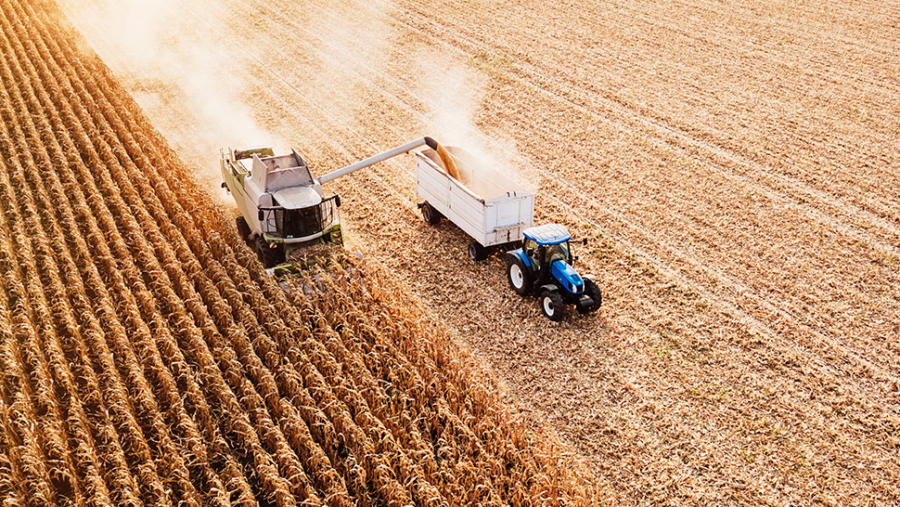

Agriculture has the worst rate of worker fatal injury per 100,000 of all industry sectors. In 2021/22, 25 people were killed through farming and other agriculture-related activities. The biggest cause of death is transport: for example, fatalities resulting from overturning vehicles or from persons being struck by moving vehicles.
The law
The Health and Safety at Work etc Act 1974 (HSWA) and the Management of Health and Safety at Work Regulations 1999 place duties on agricultural companies, farm operators and individuals to make sure that adequate provision is made for health and safety at work. Under this legislation, employers must ensure, so far as is reasonably practicable, the health, safety and welfare of employees and any other persons who may be affected by agricultural activities.
The Workplace (Health, Safety and Welfare) Regulations 1992 and the Provision and Use of Work Equipment Regulations 1998 (PUWER) are particularly relevant to transport activity. Vehicles should be able to move around safely, be properly maintained and operators should be adequately trained.
The Lifting Operations and Lifting Equipment Regulations 1998 (LOLER) are also relevant. These regulations require thorough examination, marking of equipment and properly organised lifting operations.
In practice
Overview
The HSE regard ‘safe stop’ to be the most important safety action of all: handbrake on, controls in neutral, engine off and remove key.
The HSE also recommend that because of the wide variety of activities involving transport in agriculture, it is easier to identify problems and act if you break your transport activities into three areas: vehicle, driver, site.
HSE recommendations for vehicles
Vehicles, machines and handling equipment should be capable of safely performing properly planned work activities. They should be inspected daily, and faults should be repaired promptly. It is also important that they are properly maintained, and that particular attention is paid to braking systems and other safety devises, such as reversing mirrors.
Vehicles, or any machines with workers riding or working on them should be fitted with roll-over protective structures (ROPS) and seatbelts if there is a risk of overturning.
You should also check that drivers of lift trucks and loaders are protected from falling objects and that loads are stable and secure. Trailers should have adequate brakes designed for the maximum loads and speeds at which they will operate. Keys should be kept secure when vehicles are not in use.
HSE recommendations for drivers
Drivers should be medically fit to drive and properly trained. They should be familiar with the operating instructions of any vehicle they operate. They should know how to safely enter and exit the vehicle. Unauthorised persons should not be allowed to drive.
You should never allow passengers to ride on or in vehicle cabs unless they are sitting on a passenger seat in a safe position and cannot impede the driver, accidentally contact the machine controls, or obscure the driver’s vision.
HSE recommendations for sites
It is very important that vehicles and pedestrians are separated wherever possible. Visiting drivers should be aware of your rules, including parking areas, one-way systems etc. It is worth noting that vehicle routes reduce the need to reverse, e.g. by adding turning circles, or using one-way systems. Traffic routes should be properly maintained and adequately lit. Warning and speed limit signs should be clear and consistent with the Highway Code.
Conclusion
Agriculture is regarded as the most dangerous of all industry sectors. The most common cause of death in that sector is transport. The law imposes duties on farm operators which are designed to minimise the risk of fatalities occurring. Farmers can take practical steps can be taken to ensure compliance with legal duties while minimising the risk of injury. However, there is much room for error, as the fatality figures show. It is therefore important to identify the risks and put in place the necessary control mechanisms to ensure catastrophic events are avoided which can have profound financial and commercial implications.










